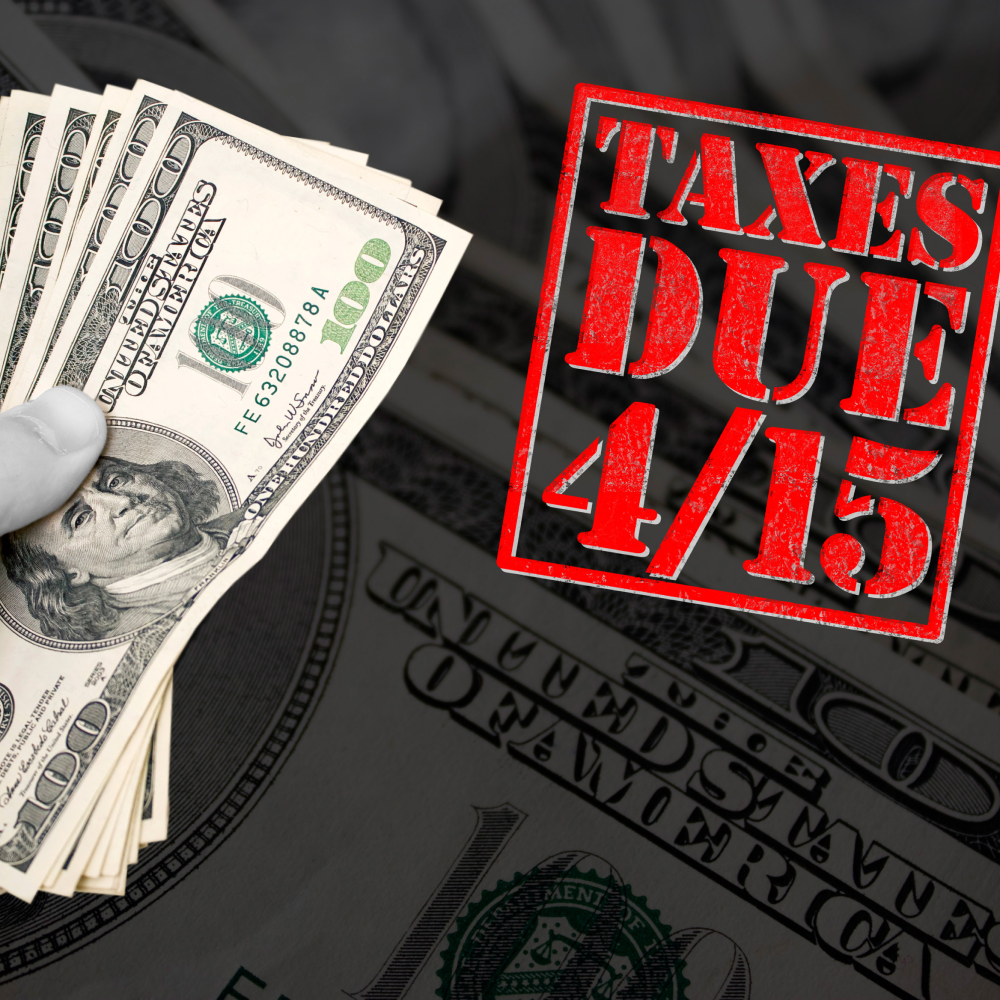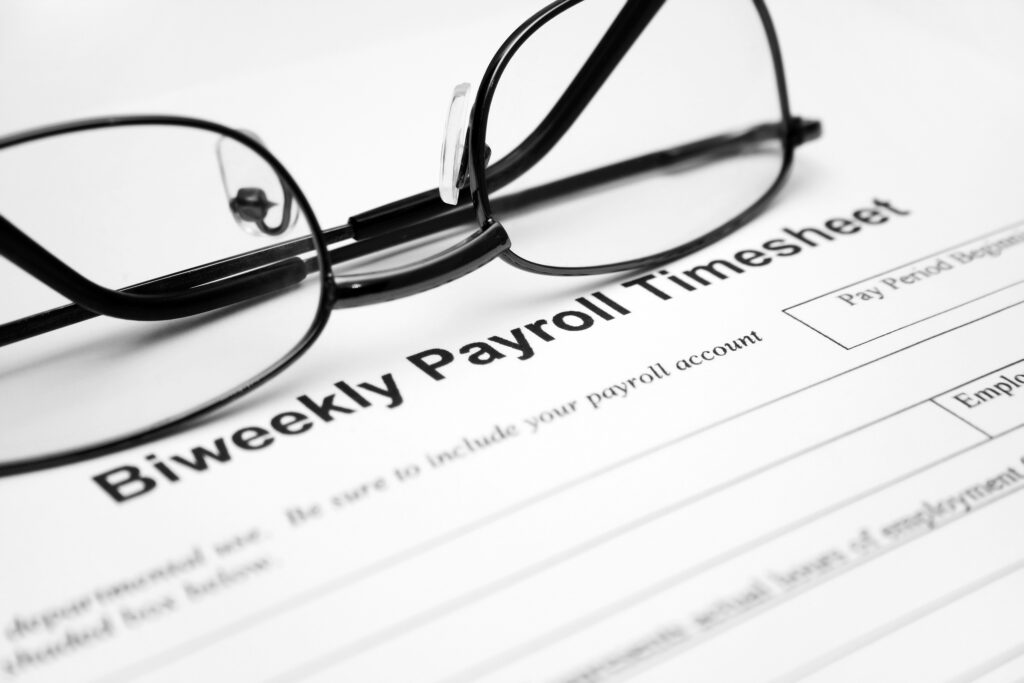7 Ways Good Bookkeeping Cures Tax Headaches
Home > Our Story

Bookkeeping plays a crucial role in the realm of taxation. At Hallows & Company we believe proper bookkeeping practices ensure accurate financial records, which are essential for calculating taxable income, complying with tax laws, and preparing tax returns. It is vital to learn how bookkeeping affects taxes and why it is important for businesses and individuals.
Bookkeeping involves recording, organizing, and maintaining financial transactions and records. This process allows businesses and individuals to track their income, expenses, assets, and liabilities. Accurate bookkeeping provides a clear picture of financial health and enables effective decision-making.
When it comes to taxes, bookkeeping plays a vital role in several key areas:
- Income Calculation: Bookkeeping helps in determining taxable income accurately. By recording all sources of income, such as sales revenue, interest, dividends, and capital gains, businesses and individuals can calculate their total income and report it correctly on their tax returns. Without proper bookkeeping, income may be overlooked or incorrectly reported, leading to potential tax liabilities and penalties.
- Expense Tracking: Bookkeeping allows businesses and individuals to track and categorize their expenses. This includes costs related to operations, such as rent, utilities, salaries, and supplies, as well as deductible expenses like business travel, professional fees, and home office expenses. Tracking expenses ensures that eligible deductions are claimed, reducing taxable income and ultimately lowering tax liabilities.
- Deduction Documentation: Bookkeeping provides the necessary documentation for claiming deductions. Tax authorities often require supporting records and receipts for deductions claimed on tax returns. By maintaining accurate and organized books, individuals and businesses can easily provide the required documentation, ensuring compliance and minimizing the risk of audit-related issues.
- Compliance with Tax Laws: Bookkeeping helps ensure compliance with tax laws and regulations. By maintaining accurate and up-to-date records, businesses and individuals can fulfill their tax obligations, meet reporting deadlines, and avoid penalties and legal issues. Bookkeeping also facilitates the identification and payment of applicable taxes, such as income tax, sales tax, payroll tax, and self-employment tax.
- Audit Preparation: Bookkeeping is essential for preparing and navigating tax audits. If selected for an audit, individuals and businesses must provide detailed financial records and evidence to support their tax returns. Proper bookkeeping practices make the audit process smoother, as all relevant information is readily available, organized, and easily accessible.
- Financial Analysis and Planning: Bookkeeping provides valuable financial insights that support tax planning and strategy. By analyzing income, expenses, and cash flow, businesses and individuals can identify areas for improvement, make informed decisions, and implement tax-saving strategies. Effective tax planning can help minimize tax liabilities, maximize deductions, and optimize financial resources.
- Record Retention: Proper bookkeeping ensures the retention of financial records for the required period. Tax authorities typically have specific rules regarding record retention, which can vary depending on the jurisdiction and type of tax. Accurate bookkeeping guarantees that records are maintained appropriately, enabling businesses and individuals to satisfy record-keeping requirements and respond to inquiries or audits in the future.
So many small businesses, especially those who are just starting their own venture, think that they can do their own bookkeeping to save costs. However, at Hallows & Company we have seen time and again trying to do something you don’t know how to do or frankly, don’t want to do, actually costs you more in the long term. Hallows & Company provides specialized, trained individuals that make sure bookkeeping and business functions are done timely and properly so you can get the most out of your business. Hallows & Company can help you get out of your own way by helping you do what you do best by letting us do what we do best.
you may also like
10 Things to Know about Filing a Tax Extension
Filing a tax extension can provide relief for businesses and individuals who need more time to gather…
Accounting for Technology: 5 Ways for Personal Interaction in a Digital Age
In the ever-evolving landscape of business and finance, the role of accountants has transformed significantly. The traditional…
 Skip to content
Skip to content










